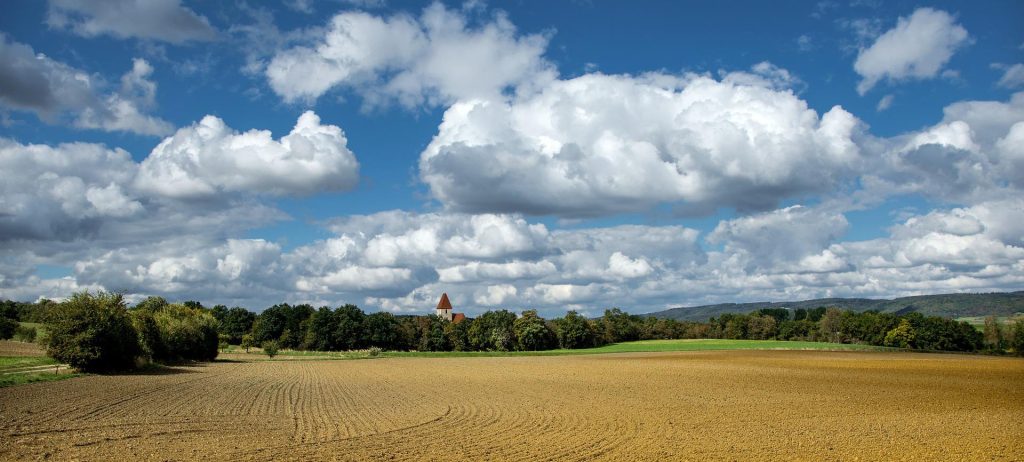To support the development of our Farming for Carbon and Nature scheme, which uses university owned farmland to capture carbon and restore nature, we undertook some scoping research to understand more about agricultural land ownership amongst UK universities and colleges.
Farming for Carbon and Nature is creating an innovative model where we incentivise universities to make payments to farms so they can transition to more nature friendly farming practices to sequester carbon. Nature friendly farming methods will be adopted such as minimum or no till, direct drilling, cover crops, perennials and green manures. These methods maximise carbon sequestration, biodiversity and soil health.
To understand the scheme’s potential, between June and August 2020, we contacted 277 universities and colleges to request data on aspects of their non-developed landholdings, including hectarage, tenancy status, land use, agricultural land grade, soil type and land management. 42 responded to us, with 14 providing data on at least some of the aspects listed. We also collected data on these aspects already in the public domain.
Key findings from the 14 institutions include:
- a total of 3,063 hectares in non developed landholdings
- at least 77% of non developed land was used for agricultural purposes
- at least 50% were already employing land management practices that increased soil carbon sequestration and/or biodiversity on site
- 59% of agricultural land was classified as Grade 3
- the university or college owned 42% of the land, with the rest being tenanted or subject to another arrangement
- the university or college was the land manager in the vast majority of cases, with only 6% of land managed by a third party
Using only data from other sources (excluding the above figures), including phone calls with land agents and a variety of public information we found:
- there was a total of 36,210 hectares in non developed landholdings
- at least 71% of non developed land was used for agricultural purposes
To read our full findings download our report.
